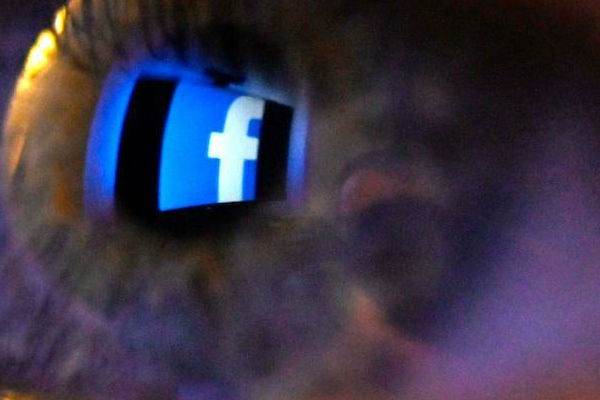
Facebook has admitted that its users are having “trouble accessing our apps” after its network of services, including Instagram and WhatsApp, were hit by an outage in several countries, from Harlem to Harare.
Facebook, Instagram, and WhatsApp became inaccessible for large numbers of people at about 5pm UK time and were still down at 9.30 pm, with the downdetector.com site citing reports of problems from millions of social media users around the world. A map on the site showed, for instance, reports of outages from cities across the US, UK and Australia.
In a blogpost, the down detector said the outage was global. “Facebook is currently experiencing a rarely seen global outage that is taking out Facebook, Instagram, WhatsApp, and Facebook Messenger. No word yet from Facebook on what caused the outage, but as of 9.30 am PDT [5.30 pm BST], we’ve seen over 5.6 million reports about issues with the company’s services from around the world.”
Shares in Facebook, which has nearly 2 billion daily active users, opened lower after Sunday’s TV interview with whistleblower Frances Haugen and slipped further to trade down 5.3% in afternoon trading on Monday.
Shares in Facebook, which has nearly 2 billion daily active users, opened lower after Sunday’s TV interview with whistleblower Frances Haugen and slipped further to trade down 5.3% in afternoon trading on Monday.
They were on track for their worst day in nearly a year, amid a broader selloff in technology stocks on Monday.
Haugen, a former Facebook employee, accused the company of putting profit over safety, after coming forward as the person who leaked a cache of internal documents that have placed the tech firm in its worst crisis since the Cambridge Analytica scandal.
On Twitter, Facebook spokesperson Andy Stone said: “We’re aware that some people are having trouble accessing our apps and products. We’re working to get things back to normal as quickly as possible, and we apologize for any inconvenience.”
The Instagram site was displaying a 5xx server error message, while the Facebook site was telling users: “Sorry, something went wrong.”
WhatsApp said on Twitter: “We’re aware that some people are experiencing issues with WhatsApp at the moment. We’re working to get things back to normal and will send an update here as soon as possible. Thanks for your patience.”
Twitter itself had a little fun at its rivals’ expense. “Hello literally everyone,” said their dedicated UK account.
Adam Leon Smith, of BCS, the Chartered Institute for IT and a software testing expert, said: “The outage is caused by changes made to the Facebook network infrastructure. Many of the recent high-profile outages have been caused by similar network-level events.
“It is reported by unidentified Facebook sources on Reddit that the network changes have also prevented engineers from remotely connecting to resolve the issues, delaying resolution.
“Notably, many organizations now define their physical infrastructure as code, but most do not apply the same level of testing rigor when they change that code, as they would when changing their core business logic.”
According to reports, part of the problem was with the DNS, or domain name system, which turns website names such as theguardian.com into numeric addresses that can be understood by machines. These allow the users’ computers to connect to the destination web server and the website users are looking for.
…the network outage was so severe that Facebook staff had been unable to enter their own company buildings because their passes were not working.
Journalist Sheera Frenkel, the author of a recently published book about Facebook, said the network outage was so severe that Facebook staff had been unable to enter their own company buildings because their passes were not working.
Monday’s outage is the first serious incident for Facebook since 2019, when it suffered a series of failures, including on 13 March, when some users around the world could not access Facebook, Instagram, and WhatsApp for more than 24 hours.
Reports The Guardian.
Become a Harlem Insider!
By submitting this form, you are consenting to receive marketing emails from: . You can revoke your consent to receive emails at any time by using the SafeUnsubscribe® link, found at the bottom of every email. Emails are serviced by Constant Contact








